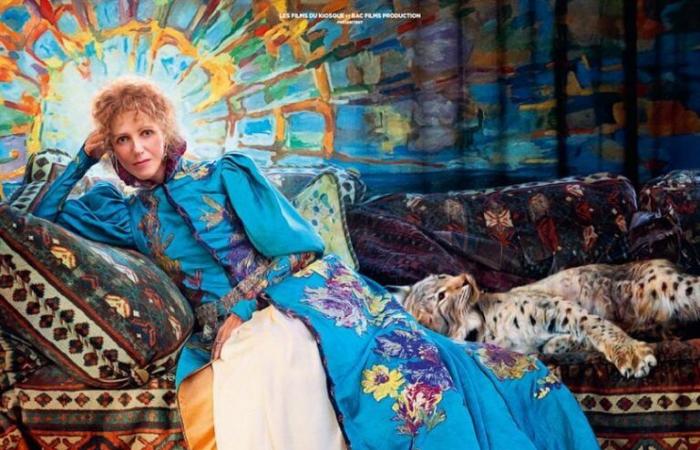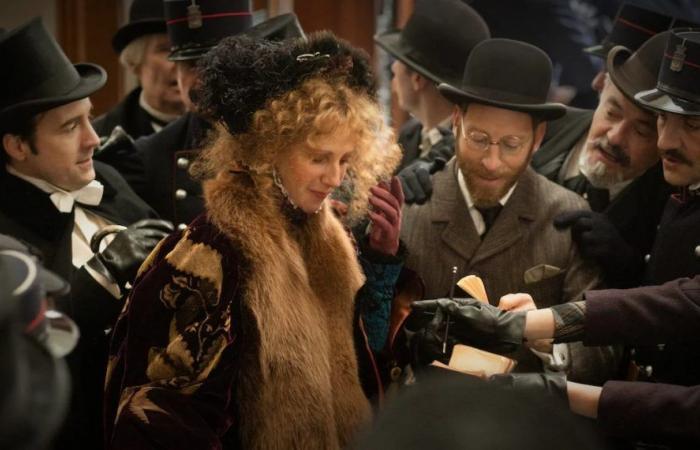It is customary to say that she was the greatest, the divine, the empress of the theater… It is difficult to imagine for us in our current 21st century, the extent of Sarah Bernhardt's celebrity at the end of the 19th century and at the beginning of the 20th century. She wasn't just a stage star, she was THE star. An icon, a myth, a national treasure, almost a divinity. It is for her that the commonly used expression “sacred monster” would have been imagined (by Proust). That says it all. The youngest of today may never have heard of her, and yet. When he died, 600,000 people marched behind his funeral procession. Sarah Bernhardt was – and remains – the greatest actress that the French stage has known. And not just them since the whole world knew her. One hundred years after her death (101 precisely when the film will be released), the legend of Sarah Bernhardt lives again in the cinema under the eye of the camera of Guillaume Nicloux (The Octopus, The Tower). And the star is resurrected in the guise of Sandrine Kiberlain.
How to invent in the biopic register? How can you still be original or creative? The question remains unanswered because few succeed (Danny Boyle with his Steve Jobs or more recently Ali Abassi with The Apprentice). For the rest, the genre is so codified that it is difficult to be wildly imaginative. Developing linearly is no longer fashionable, now we break things up or go back and forth in time. But this methodology has become a new, equally worn-out standard. In any case, it is she that Guillaume Nicloux employs for his Sarah Bernhardt. On her hospital bed when she has to have a leg amputated, Sarah Bernhardt confides in her nephew Sacha Guitry about her romantic past with her father, the actor Lucien Guitry. The opportunity for her to review her life through the prism of a stormy love that has spanned the years.
Sarah Bernhardt is similar to a thousand and one biopics of its genre. We could almost recycle the same column tirelessly. The film is neatly executed, it is interesting for those interested in the subject, it does not miss what there was to say or deal with (its feminism, its unique sense of repartee, the world of art of the time which revolved around her, her defiance of conventions, her love of the stage) and Sandrine Kiberlain is exceptional in the role of the freest woman of her time. And ? And that's it. That's a bit of the problem. Sarah Bernhardt, la divine is not memorable, he is content to “do well” without looking for more, he is quite artificial in himself and we sincerely wonder if he will find an audience with the only resonant argument, the feminism of a star from a distant era, who knew how to establish himself as an icon while remaining far from the constraints of his time.







